US addiction to sanctions will prove to spell its downfall: Report
Washington’s widespread use of illegal sanctions as a political tool to punish independent and rival governments as well as politicians and traders have prompted a broad coalition of nations across the globe to “rewrite” the rules of international financial system aimed at ending the US-dominated order, a major Washington-based journal vows.
“In the past two decades sanctions have become the go-to foreign-policy tool of Western governments led by the United States,” Foreign Policy magazine writes in an article published Monday on its online edition.
“A growing club of US-designated bad boys” led by Russia, China, Iran, Cuba, Syria, Venezuela and North Korea – which have been the top targets of “punitive” US-led sanctions -- have joined together to wage a major scheme “to replace their reliance on the dollar and Western financial system,” the article emphasizes.
It further cited a US Treasury Department’s report to note that by 2021, “the United States had sanctions on more than 9,000 individuals, companies, and sectors of targeted country economies.”
According to the report, “In 2021, US President Joe Biden’s first year in office, his administration added 765 new sanctions designations globally, including 173 related to human rights.”
The article further cites a Columbia University to point out that “a total of six countries—Cuba, Iran, North Korea, Russia, Syria, and Venezuela—were under comprehensive US sanctions, meaning that most commercial and financial transactions with entities and individuals in those countries are prohibited under US law.”
It also cites 17 other countries—including Afghanistan, Belarus, Democratic Republic of the Congo, Ethiopia, Iraq, Lebanon, Libya, Mali, Nicaragua, Sudan, and Yemen—that have been subject to targeted sanctions imposed by Washington, “which indicates that financial and commercial relations with specific companies, individuals, and, often, the government are forbidden under US law.”
The article further cites a Princeton University database to point out that seven more countries, including China, Eritrea, Haiti, and Sri Lanka, were under specific export controls.
“This already lengthy list,” it adds, “does not even include targeted sanctions placed on individuals and businesses in countries such as El Salvador, Guatemala, or Paraguay, or sanctions placed on territories such as Hong Kong, the Balkans, or Ukraine’s Crimea, Donetsk, or Luhansk regions.”
All told, the report emphasizes, “The countries subject to some form of US sanctions collectively account for a little more than one-fifth of global GDP,” with China representing nearly 80 percent of the group.
It further observes that “unlike many among these sanctioned nations, China has the economic weight, growing diplomatic clout, currency stability, and liquidity… to push for the increasing international adoption of the renminbi [official currency] and Chinese financial schemes, such as its Cross-Border Interbank Payment System.”
VIDEO | Axis of Resistance stands as multinational front for justice
Swiss academics call for end to research treaty with Israel over Gaza genocide
VIDEO | Israeli regime harasses, tortures Gazans returning through Rafah crossing
Israel faces existential threat of internal collapse before centenary, general says
Police fire tear gas as protests erupt against ICE and Israel at Milan Winter Olympics
UK PM’s chief of staff resigns over appointment of Epstein associate as US envoy
Iran leads Islamic world in electric vehicle motor technology
VIDEO | Pakistan lawmakers reflect on legacy of Iran’s Islamic Revolution


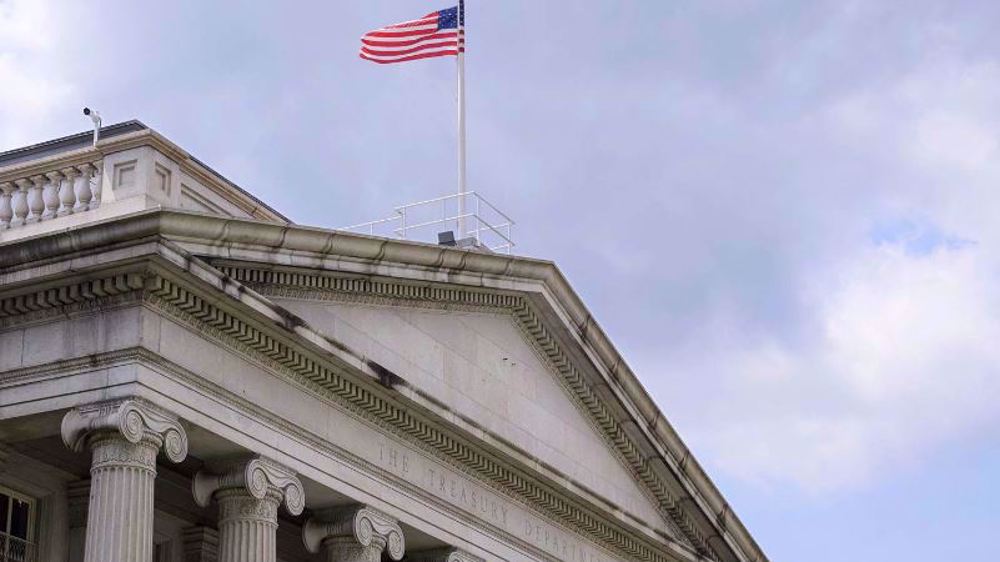
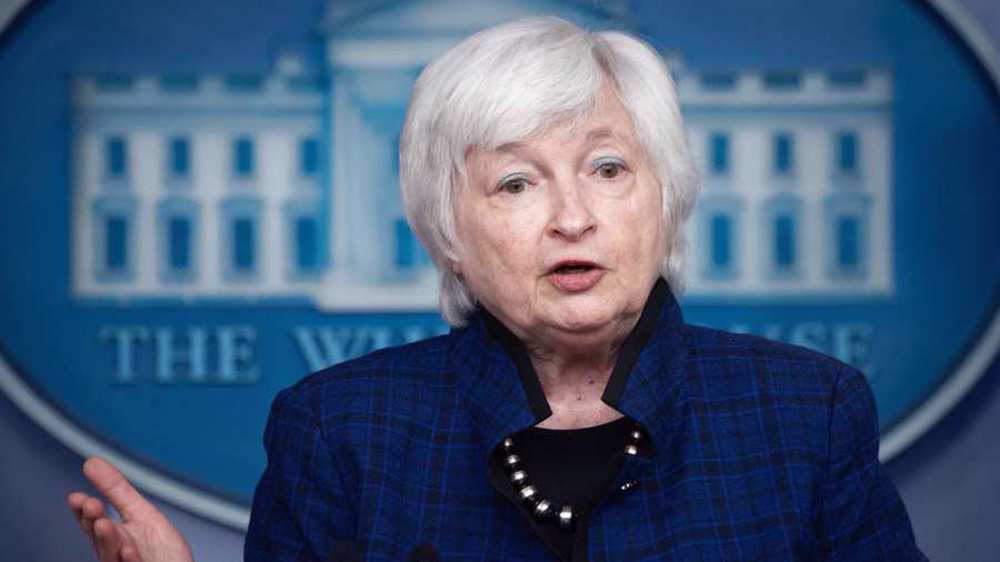

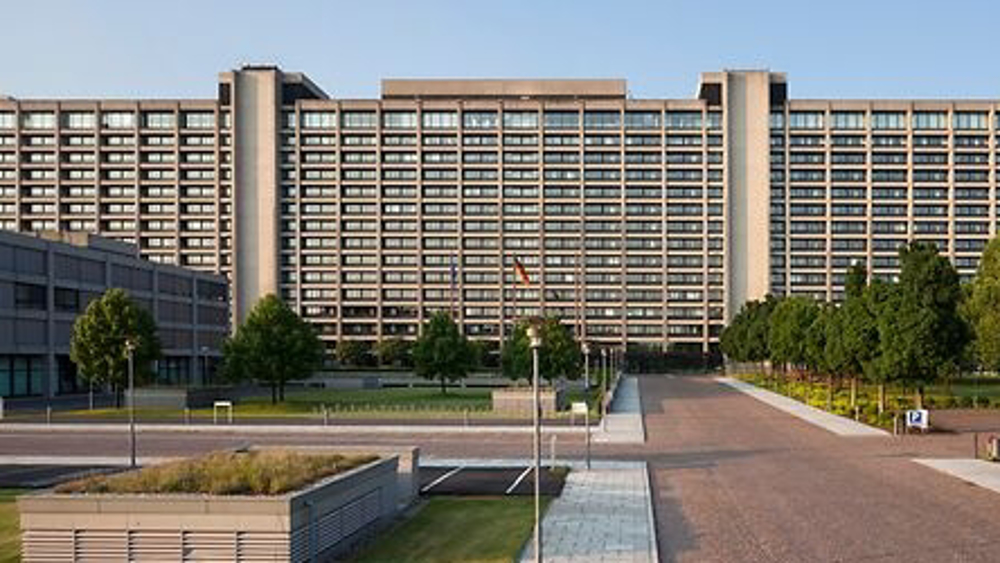
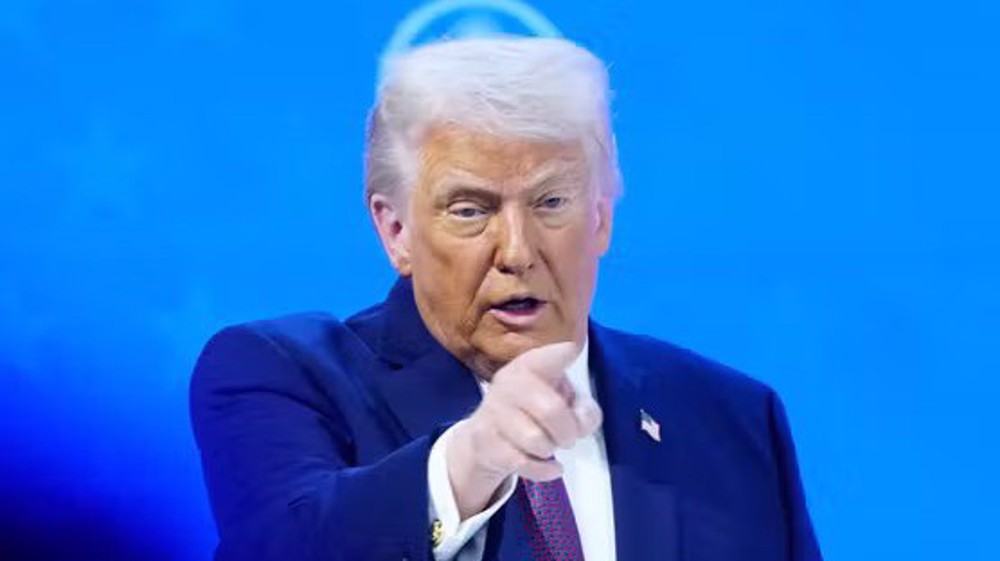



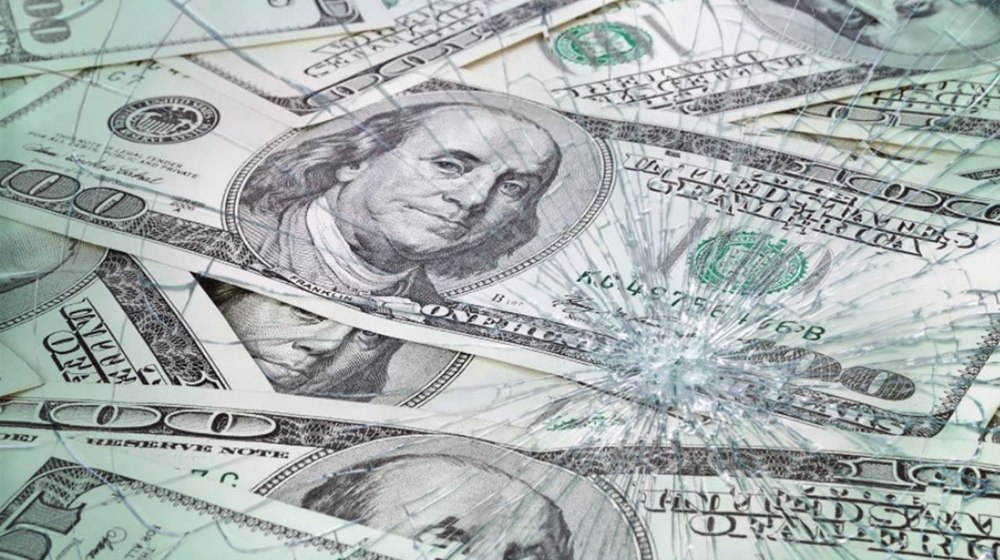
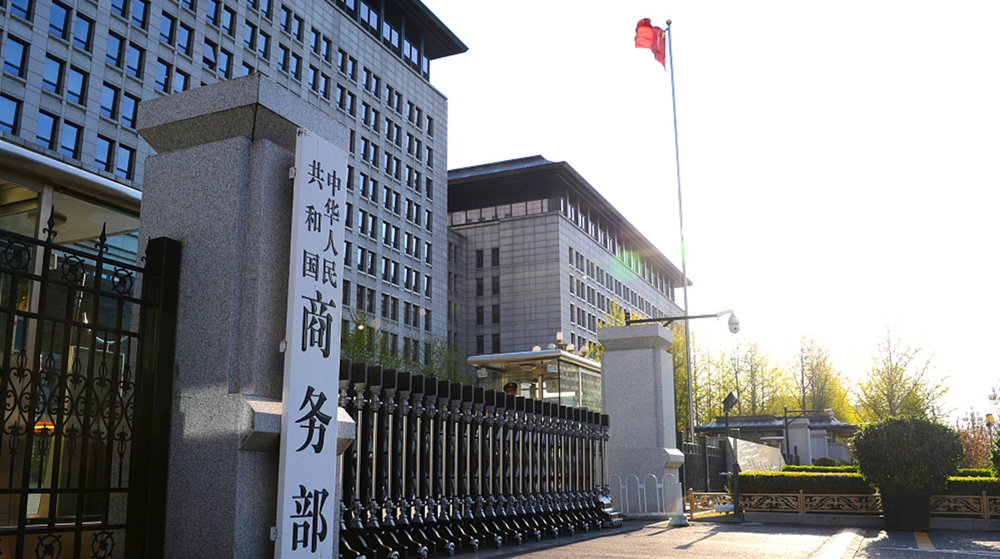
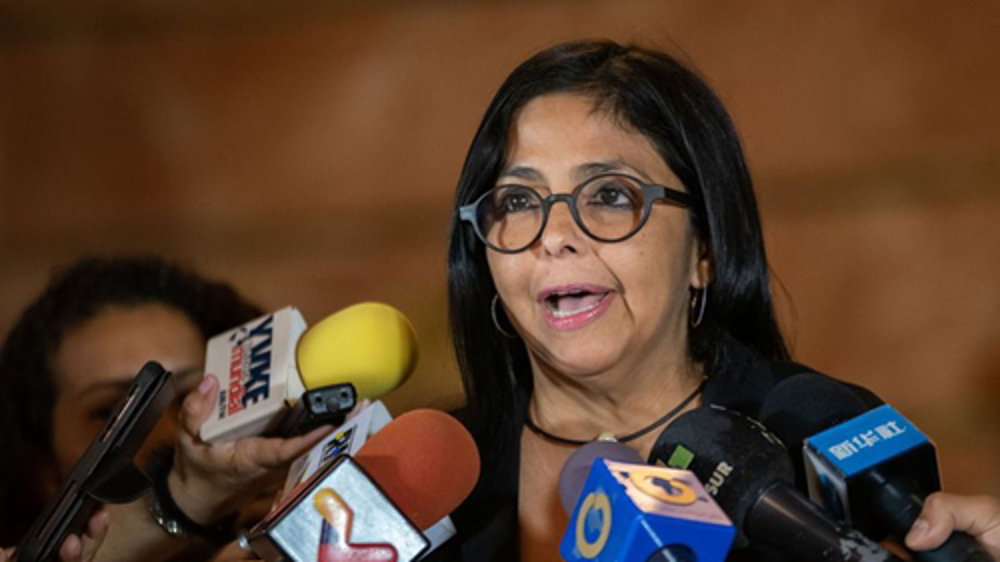

 This makes it easy to access the Press TV website
This makes it easy to access the Press TV website